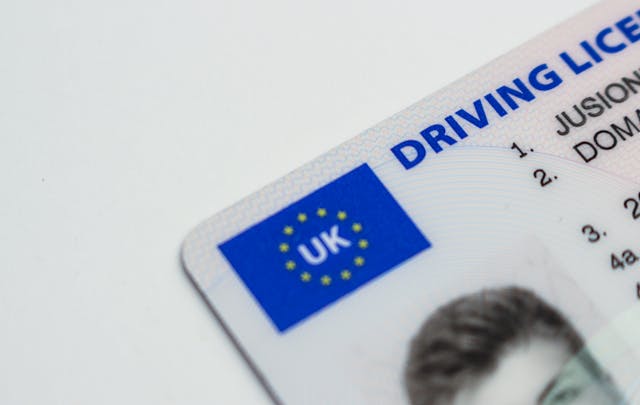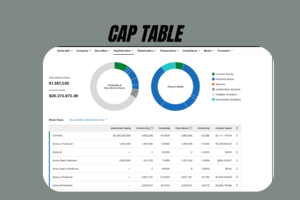Starting a business in Ghana means negotiating several legal and administrative obligations to guarantee compliance and safeguard your company interests. The main legal and justice issues entrepreneurs should be aware of while starting a company in Ghana are described in this paper.
1. Business Registration

Department of Registration General (RGD): Every company in Ghana should register with the RGD.
- Choose a suitable legal structure for your firm: sole proprietorship, partnership, limited liability company (LLC), public limited company (PLC).
- Search names and reserve your preferred business name with the RGD to be sure it is accessible.
- Send in the necessary registration paperwork including statutory declarations, forms, and corporate policies.
- Payment of Fees: Cover the relevant filing and registration costs.
2. Taxation

Ghana Revenue Authority, or GRA: The GRA checks compliance and tax collecting. Key taxes include:
- Corporate Tax: Companies have to pay taxes on their profits. Ghana’s national business tax rate is 25%.
- Value Added Tax (VAT) is applied upon goods and service provision. Standard VAT rate is 12.5%; additionally, there is a 1% COVID-19 Health Recovery Levy and a 2.5% National Health Insurance Levy.
- Employers have to deduct income tax from employee pay-as—due and send it to the GRA.
- Depending on the type of your company, you can also be liable for other taxes such property tax, customs duty, and excise duty.
3. Permissions and Licences

Your sector will determine whether particular licenses and permits are required for legal operation. Typical illustrations include:
- Food and medication Authority (FDA) is available to companies engaged in food, medication, cosmetic, or medical device manufacturing, importation, or distribution.
- Environmental Protection Agency (EPA): For companies, including mining or manufacturing operations, maybe having an environmental impact.
- For companies in the travel and hospitality industry, Ghana’s Tourism Authority (GTA)
4. Employment Laws

The Labour Act, 2003 (Act 651) controls Ghanaian employment arrangements. Important clauses include:
- Employers have to furnish formal employment contracts defining terms and conditions of employment.
- Employee rights include those of fair pay, safe working conditions, and the freedom to join trade unions.
- The Act specifies legal termination and redundancy policies including notice times and severance pay.
5. Intellectual Property

Department of Registrant General (RGD): Guard your business assets by safeguarding your intellectual property (IP):
- Register trademarks to guard your business name, logo, and other unique signage.
- Get patents for ideas to stop others from using your creations without permission.
- For original works including literature, music, and software, be sure copyrights are registered.
6. Agreements and Contracts

Formalising corporate ties and agreements depends on contracts, so contract law is vital. Important factors consist:
- Make sure contracts are complete, exact, and unambiguous to help to prevent misunderstandings and conflicts.
- See legal advice to make sure contracts safeguard your interests and are enforceable when you are draughting or reading over them.
- Incorporate dispute resolution tools such mediation or arbitration to manage possible conflicts.
7. Companies Insurance

Get suitable insurance to safeguard your company from many hazards:
General Liability Insurance covers legal obligations resulting from damages or injuries your company generates.
Property insurance shields company assets from hazards including fire, theft, and natural catastrophes.
Workmen’s Compensation Insurance covers workplace-related injuries or diseases.
8. Compliance with Regulations

Compliance with Sector-Specific rules: Verify your adherence to legislation pertaining to consumer protection, environmental rules, and health and safety requirements unique to your sector.
9. Anti-corruption rules

Ghana Anti-Corruption Laws: Strict anti-corruption rules implemented by Ghana guarantee integrity and openness in corporate operations:
The Office of the Special Prosecutor looks at and charges crimes connected to corruption.
Act 663, the Public Procurement Act, 2003, controls public procurement initiatives to guarantee equity and openness.
10. Conflict Resolution

Ghana’s judicial system offers means for settling business conflicts by means of:
- Commercial Courts: Expert courts handling effectively commercial conflicts.
- Mechanisms including mediation and arbitration provide fast and reasonably priced dispute resolution under alternative dispute resolution (ADR).
Beginning a business in Ghana requires careful navigation of the legal and justice systems. Entrepreneurs who grasp and follow registration criteria, tax obligations, licensing, employment laws, intellectual property protection, contract management, insurance, regulatory compliance, anti-corruption policies, and dispute resolution mechanisms will lay a strong basis for their companies and guarantee long-term success. Seeking legal counsel and keeping current with legislative developments will help to protect your company’s interests and advance expansion.





